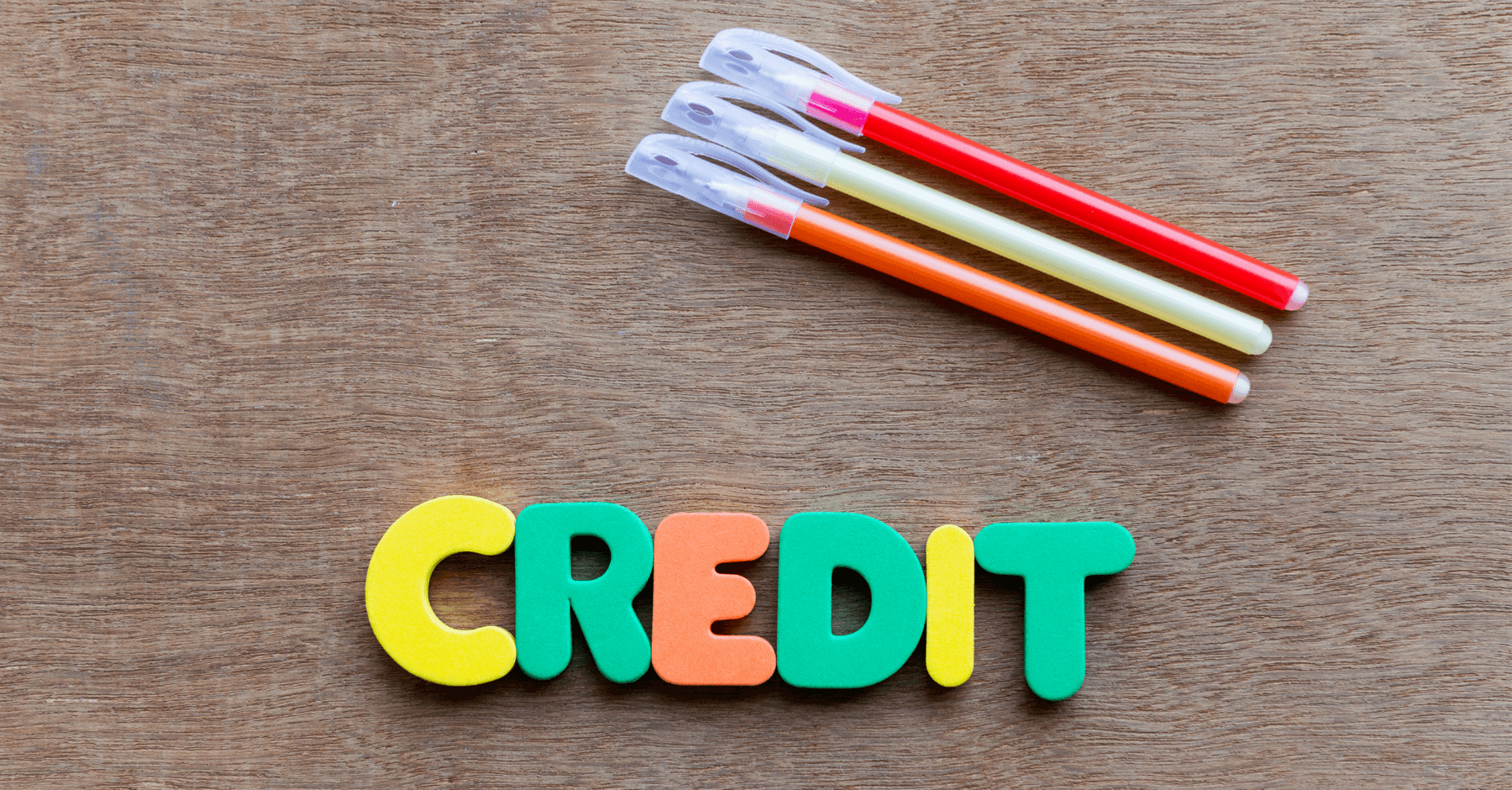
Credit Bureaus: Know the Difference – Experian, Equifax, TransUnion
Your credit history and credit score are used by potential lenders to help them determine whether to lend to you based on how you’ve handled borrowed money in the past. This information is provided by credit reporting agencies, also known as credit bureaus. There are quite a few different credit reporting agencies, but most potential lenders rely on the data provided by the three nationwide credit bureaus, which are Experian, Equifax and TransUnion.
Information Included on Each Credit Report
Each of the main credit bureaus compiles and analyzes financial data on your borrowing history including how much you owe and whether you’ve paid on time. They obtain this information from creditors that you’ve done business with and by using public records and other sources. Each credit report also includes information on financial missteps such as collections accounts, tax liens, bankruptcy and foreclosure.
Which Credit Bureau is the Most Accurate?
When you compare your credit score from each of the three credit reporting agencies, you may find that each of them has a different credit score. It’s normal for them to have small differences between them since they use similar but not identical scoring models.
Your creditors aren’t required to report your information to all three credit bureaus, so you may have a loan or credit card that only appears on one of your credit reports. There may also be timing differences of when each report is updated.
Even though they may not be working with identical information, they’re all looking for similar factors. All three are compiling data on the payment history of loans they’re reporting, along with your credit card utilization and the age of your accounts. All three are reputable companies and one isn’t generally more accurate than the others.
How are the Different Credit Reports Used in Lending Decisions?
Creditors differ in how they go about obtaining information about you that will help them in determining whether or not they will lend money to you. When you apply for a credit card or a small personal loan, a lender may request just one of your credit reports and different lenders may rely on different credit bureaus.
If you decide to buy a house or refinance an existing mortgage, the screening potential lenders do is likely to be more thorough because they will want to be sure that no important information is missed. They’ll probably order a tri-merge credit report so that they have access to the information on all three credit reports.
Knowing What’s on Your Credit Report
As a consumer, you have the right to know what’s on your credit report. You’re entitled to a free credit report each year from each of the main credit bureaus, and you can get them from AnnualCreditReport.com. Review your credit reports regularly. Differences between your three credit reports may also be a sign that one of the reports has an error, such as showing a loan open that’s closed or delinquent when it’s always been paid on time. You might even find accounts that don’t belong to you.
You should dispute any errors you find right away. Dovly is an automated credit engine that can help you find and fix errors on your credit report which can improve your credit score and your odds of getting approved for credit. Get in touch with Dovly today. Try it risk-free with our free membership tier.


